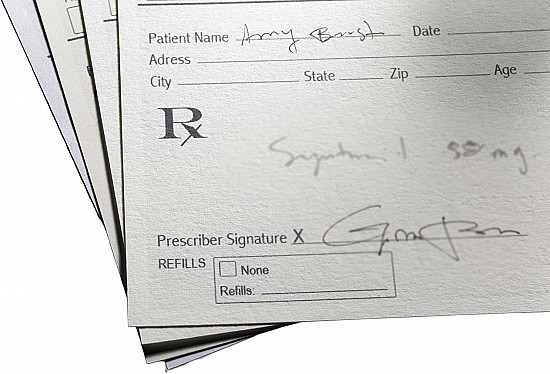Drug no better than aspirin for stroke prevention
In the Journals
A study published online May 10, 2016, by The New England Journal of Medicine found that the drug ticagrelor (Brilinta) could not beat aspirin for preventing stroke in certain high-risk patients. The study involved more than 13,000 people who had a mild stroke or a transient ischemic attack (TIA) within the previous 24 hours. A TIA is a brief episode of stroke-like symptoms, typically lasting less than 5 minutes and usually causing no permanent brain damage. With a mild stroke the symptoms persist.
Aspirin is the current standard to help reduce the chance of a full stroke, heart attack, or death in patients who have had a TIA or mild stroke. Ticagrelor has been shown to help with heart problems, but had not been tested for stroke prevention.
In the study, half the participants received 180 milligrams (mg) of ticagrelor on the first day followed by 90 mg twice daily for 90 days. The others received 300 mg of aspirin on the first day and then 100 mg daily. About 6.7% of those who took ticagrelor suffered a stroke or heart attack or died within 90 days of their initial mild stroke or TIA, compared with about 7.5% of those who took aspirin. Although there were fewer strokes with ticagrelor, it was not statistically significant, according to the researchers.
Disclaimer:
As a service to our readers, Harvard Health Publishing provides access to our library of archived content. Please note the date of last review or update on all articles.
No content on this site, regardless of date, should ever be used as a substitute for direct medical advice from your doctor or other qualified clinician.















